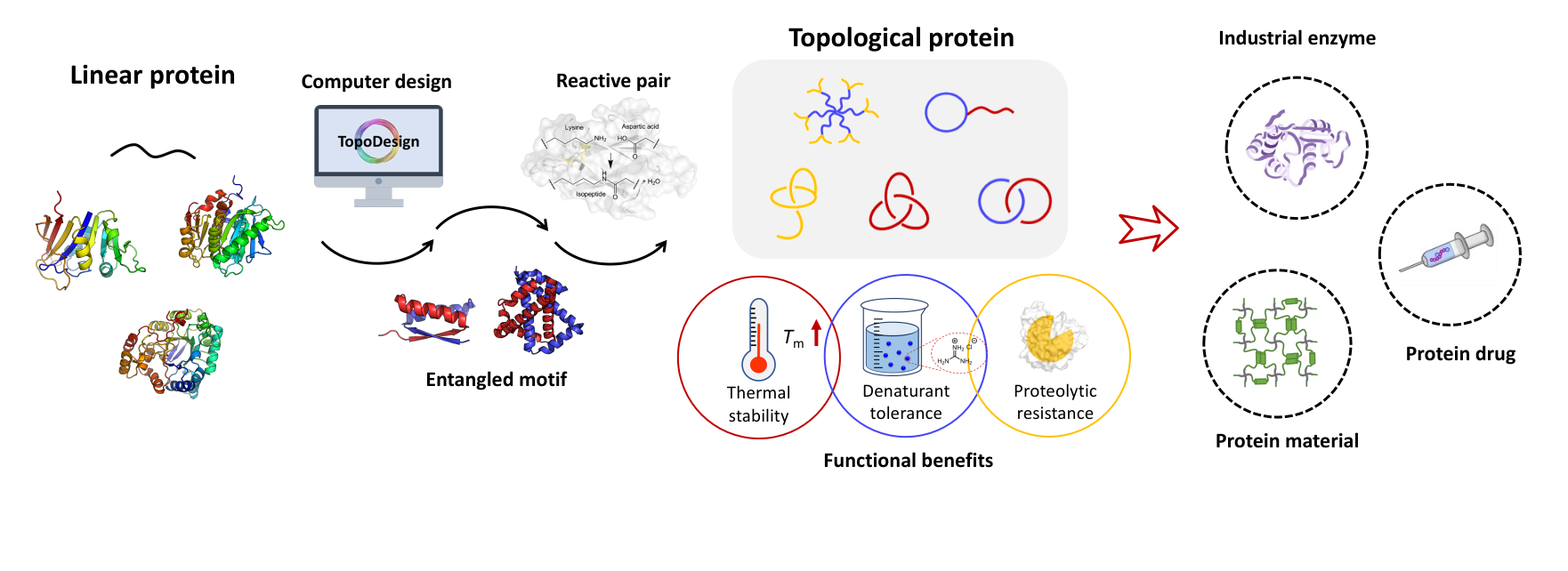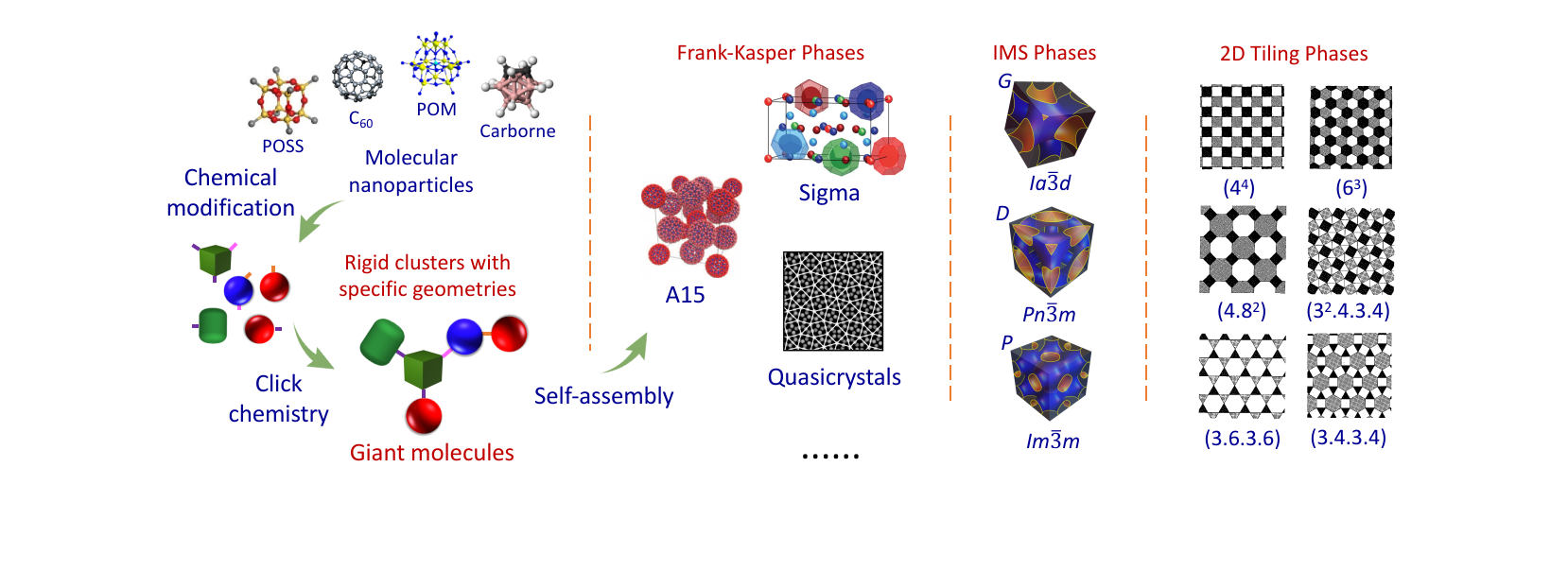箴言
----------------------------------------------
-----------------------------------------------
在科学上没有平坦的大道,只有那些不畏艰险沿着陡峭山路攀登的人,才有希望达到光辉的顶点。
----马克思
-----------------------------------------------
合作研究
------------------------------------------
请有兴趣的研究组联系我们。欢迎任何形式的合作,尤其是在自组装、水凝胶以及生物医药等方向的合作。
------------------------------------------
请有兴趣的研究组联系我们。欢迎任何形式的合作,尤其是在自组装、水凝胶以及生物医药等方向的合作。
------------------------------------------
研究成果
46. Sequential Click Synthesis of Nano-Diamond-Ring-like Giant Surfactants Based on Functionalized Hydrophilic POSS/C60 Tethered with Cyclic Polystyrenes. Macromolecules 2014, 47, 4160-4168
发布时间:2016-04-27
Lin, Z.; Lu, P.; Yu, X.; Zhang, W.-B.; Huang, M.; Wu, K.; Guo, K.; Wesdemiotis, C.; Zhu, X.; Zhang, Z.; Yue, K.; Cheng, S.Z.D. Sequential Click Synthesis of Nano-Diamond-Ring-like Giant Surfactants Based on Functionalized Hydrophilic POSS/C60 Tethered with Cyclic Polystyrenes. Macromolecules2014, 47, 4160-4168. [Link] [PDF]

Abstract
This paper reports the design and facile synthesis of a novel series of “nano-diamond-ring-like” giant surfactants composed of a functionalized hydrophilic polyhedral oligomeric silsesquioxane (such as dihydroxyl-functionalized DPOSS) or fullerene (such as carboxylic acid-functionalized AC60) head as the “diamond” and a hydrophobic, cyclic polystyrene (CPS) tail as the “ring”. The synthetic route combines several steps of “click-type” reactions, demonstrating highly efficient and modular features. Starting from a specifically designed initiator, trifunctional linear polystyrene (LPS) precursors bearing vinyl, bromo, and alkyne groups were prepared by atom transfer radical polymerization (ATRP). Upon the subsequent azidation of LPS, copper-catalyzed Huisgen [3 + 2] cycloaddition reaction was employed to afford vinyl-functionalized CPS ring in high yield and purity. The vinyl group was then subjected to the thiol–ene reaction to introduce an azide group onto the CPS, providing an azide-functionalized CPS (CPS-N3) as a “clickable” cyclic building block to construct giant molecules. Various “nano-diamond-ring-like” giant surfactants decorating with different “diamonds”, such as hydrophilic DPOSS or AC60 molecular nanoparticles, can be readily synthesized via the modular sequential “click” approaches based on this CPS-N3 building block. These giant surfactants with structural precision represent a novel member in the MNP-based giant surfactant family which might have distinct self-assembly behaviors compared to their linear analogues.





